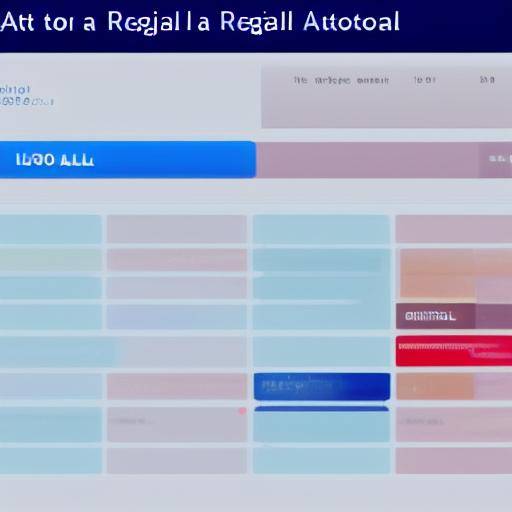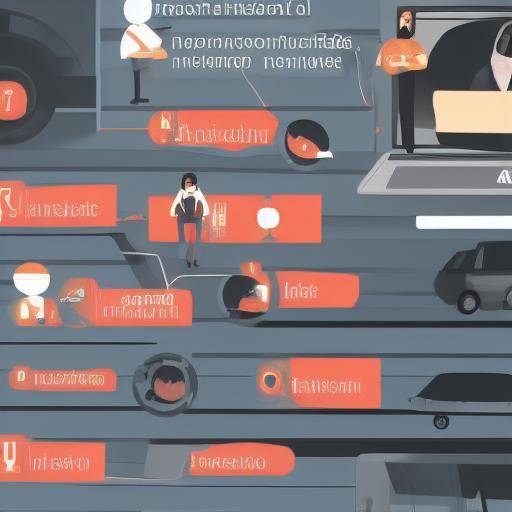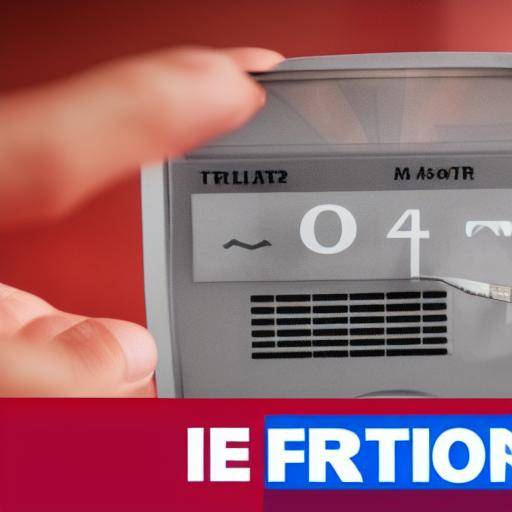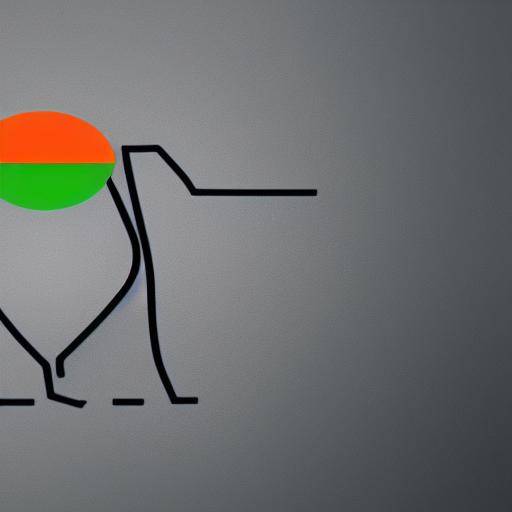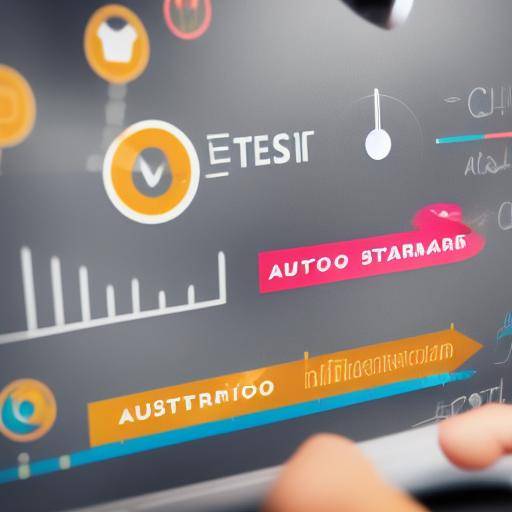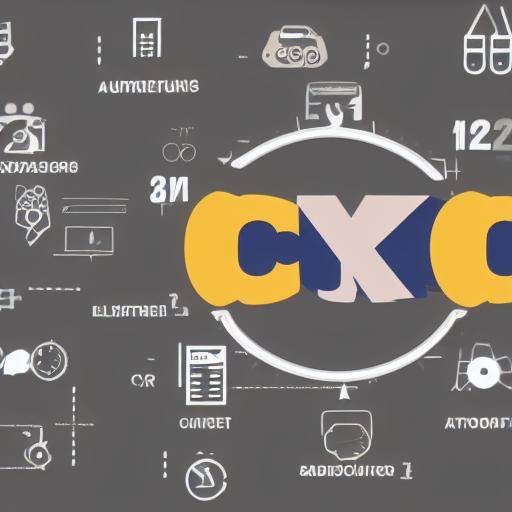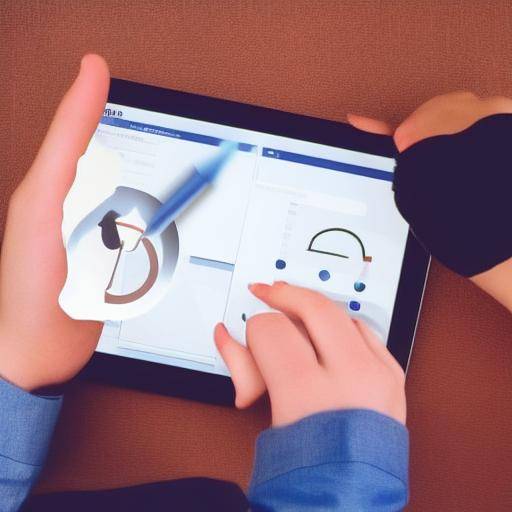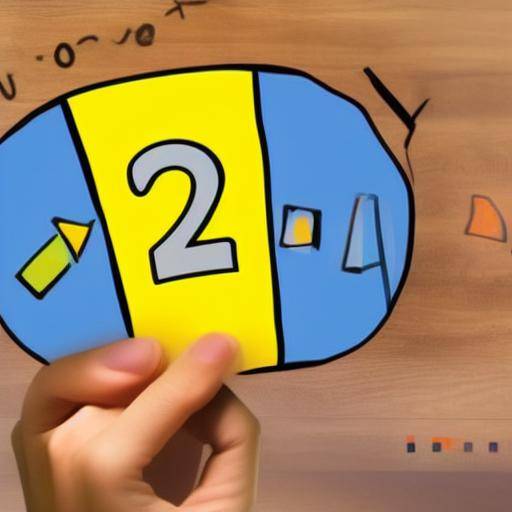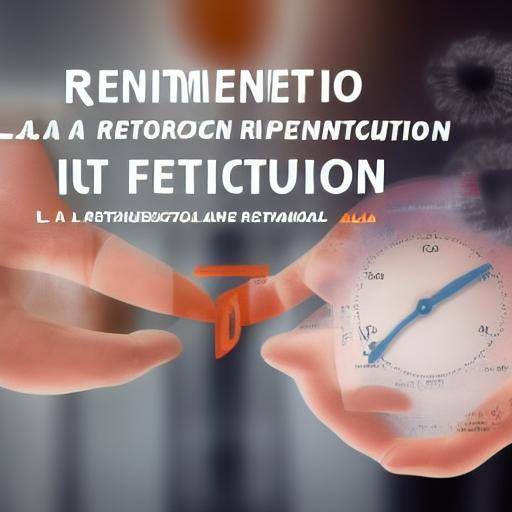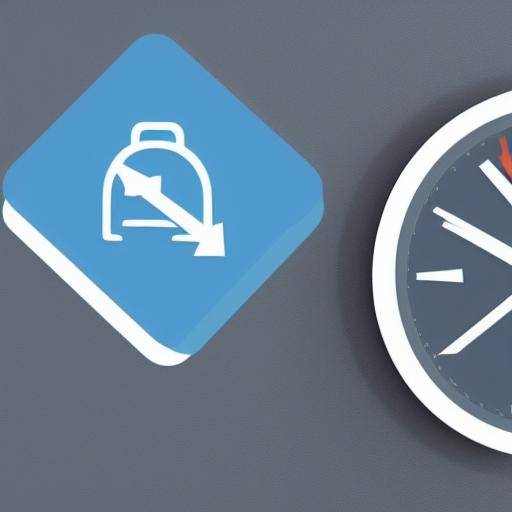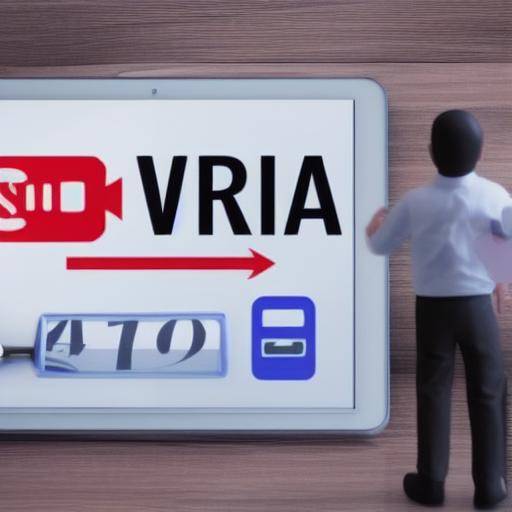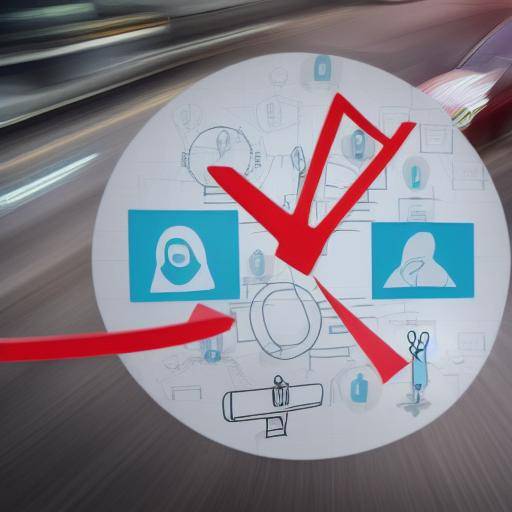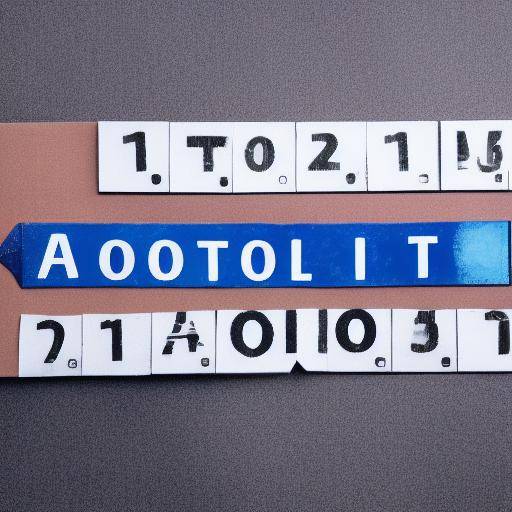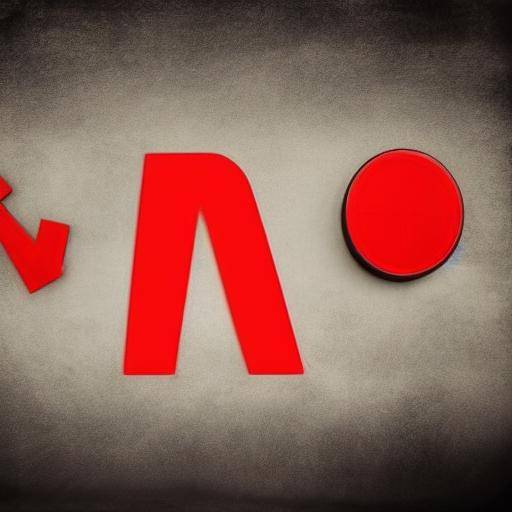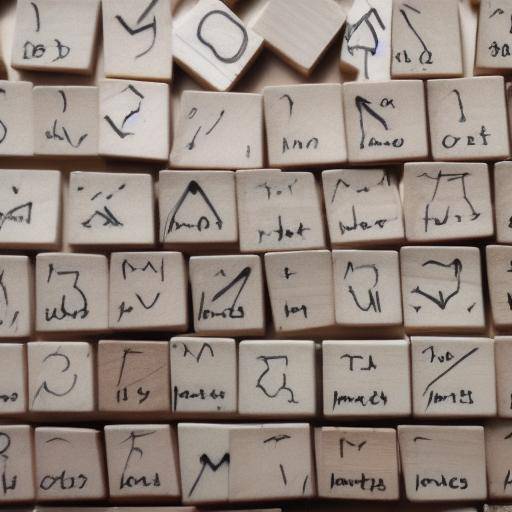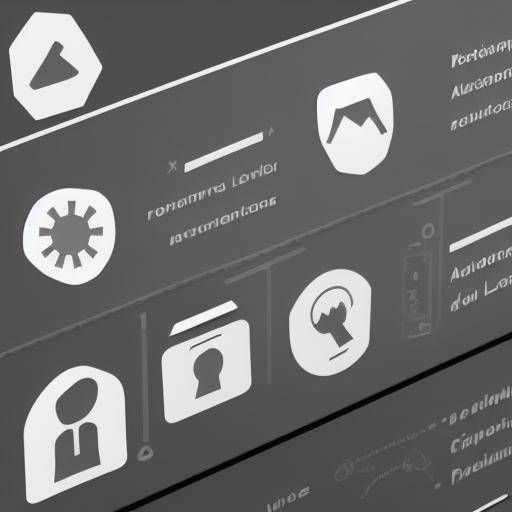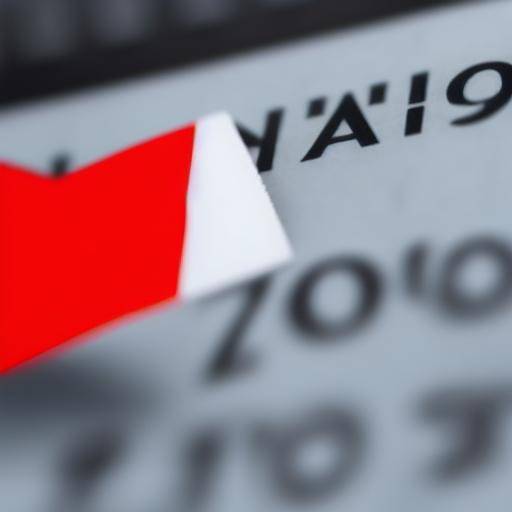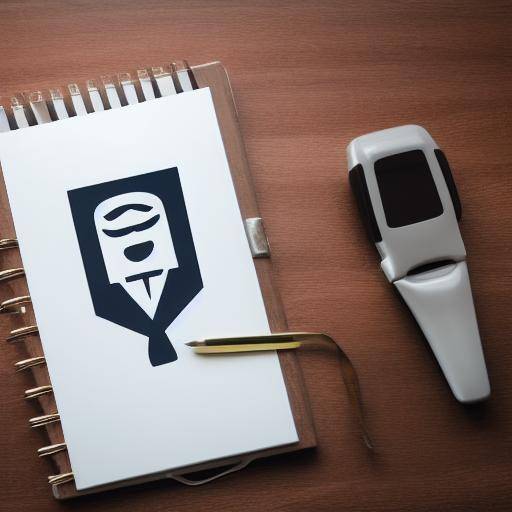
Introduction
Procrastination, or the tendency to postpone important tasks or decisions, is a common problem that affects many people in their daily lives. However, self-assessment can be a powerful tool to understand and overcome this habit. In this article we will explore the importance of self-assessment in the process of understanding our habits and overcoming procrastination. Let's find out how self-assessment can help us identify behavior patterns, set realistic goals and take concrete steps to increase our productivity. Keep reading to find out how you can use self-assessment to improve your life!
History and background
Self-evaluation is not a new concept. Since time immemorial, people have sought ways to understand their own actions and thoughts. In Greek philosophy, for example, the maximum "know yourself" was a call for self-evaluation and self-knowledge. Throughout history, several philosophical, psychological and spiritual currents have explored the importance of looking at and evaluating our own actions.
In modern psychology, self-evaluation has become a key approach to personal growth and behavioural change. Advances in understanding cognition and human behavior have led to the development of specific techniques and tools for self-assessment, which allow us to objectively analyze our strengths, weaknesses and patterns of behavior.
Deep analysis
Self-assessment offers a number of important benefits. By taking time to reflect on our actions and decisions, we can identify recurring patterns of behavior that lead us to procrastinate. This allows us to understand how and why we postpone certain tasks, which in turn gives us the opportunity to address the underlying causes of our procrastination.
In addition, self-assessment helps us set realistic and attainable goals. By understanding our strengths and weaknesses, we can set goals that fit our capabilities and motivations. This gives us a sense of achievement and satisfaction as we reach our milestones, which in turn reduces the tendency to procrastinate.
Comprehensive review
Within self-assessment, there are different methods and approaches that we can use. From tracking our daily time and activities to deep reflection on our goals and values, self-evaluation offers a wide range of tools to better understand our habits and behaviors.
A particularly effective approach is the use of self-assessment journals, where we record our activities, thoughts and emotions over time. By regularly reviewing these records, we can identify patterns that will help us better understand the triggers of our procrastination and how we can effectively address them.
Accessible practical advice and advice
For those who struggle with procrastination, there are several practical strategies that can be incorporated into the self-assessment process. Some of these strategies include the definition of clear and achievable objectives, the creation of a detailed action plan, the establishment of realistic time limits and the identification of rewards or consequences for achieving or not achieving our goals.
Conclusion and frequent questions
In short, self-evaluation is a powerful tool that allows us to understand our habits, establish realistic goals and take concrete steps to overcome procrastination. In reflecting on our actions and decisions, we can identify patterns of behavior that lead us to procrastinate, which gives us the opportunity to address the underlying causes of our procrastination.
Frequently asked questions
How can I start self-evaluation?
R. You can start by setting a daily schedule to reflect on your actions, emotions and results. Carrying a self-assessment journal can also be helpful in documenting your thoughts.
What are some practical tools I can use for self-evaluation?
R. Time tracking applications, online magazines, spreadsheets or simply a notebook and pencil can be effective tools to carry out your self-assessment.
How can I identify behavior patterns that lead me to procrastinate?
R. Observe your daily habits and look for moments when you see yourself raising tasks as well as the emotions or thoughts that precede this behavior.
What are some alarm signals I need to improve my self-assessment?
R. Lack of progress towards your goals, the constant feeling of being overwhelmed or repeating negative patterns can be signs that you need to review and improve your self-assessment.
How long have you seen results through self-assessment?
R. Results may vary for each individual, but with consistent and consistent self-assessment, many experience a significant improvement in their ability to overcome procrastination in a few weeks or months.
Is self-evaluation only useful to overcome procrastination?
R. No, self-evaluation is a powerful tool for personal growth in a wide range of areas, including skills development, decision-making and better interpersonal relationships.
In conclusion, self-evaluation is a continuous process that allows us to understand our habits, identify areas of improvement and take measures to overcome procrastination. By adopting a self-assessment attitude, we can become active agents of change in our lives and achieve our goals more effectively and with satisfaction. Do not hesitate to start your self-assessment journey today!


